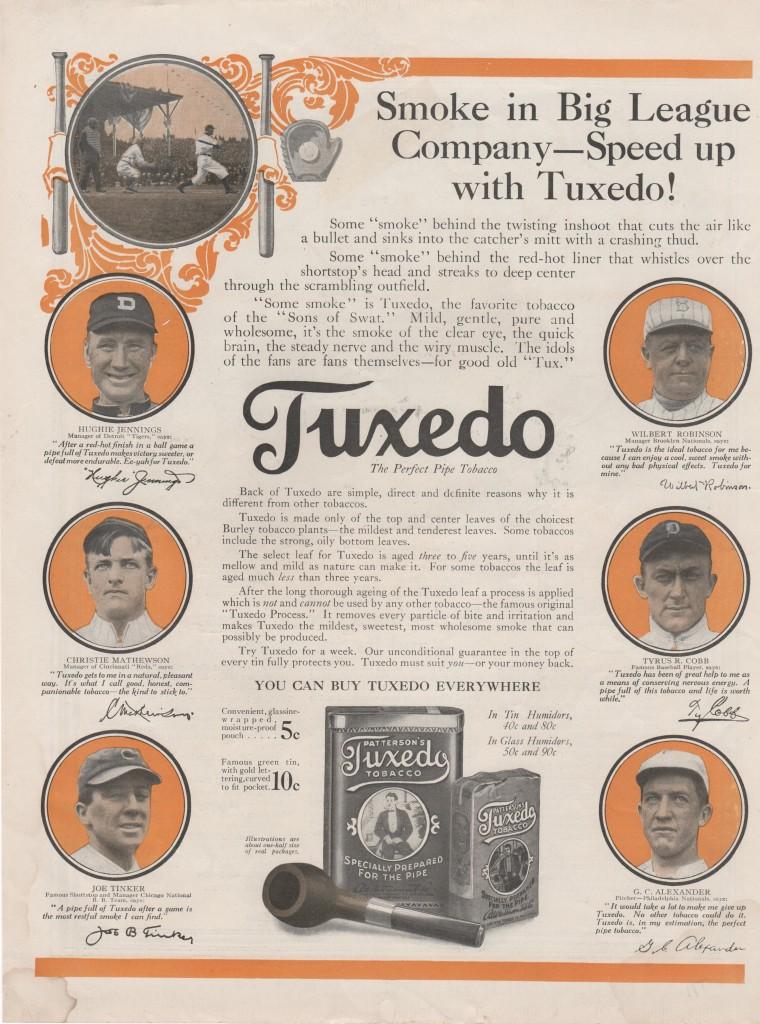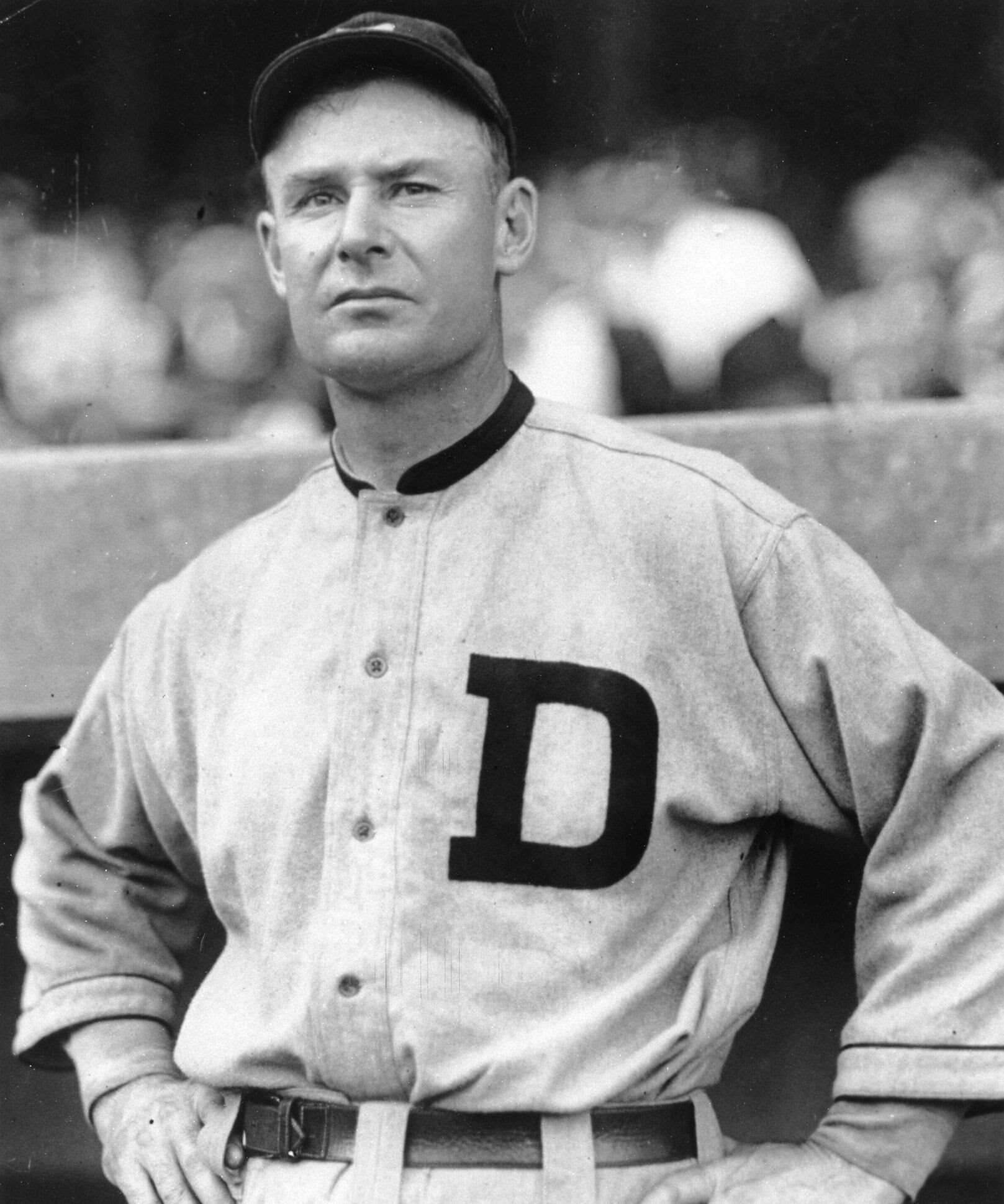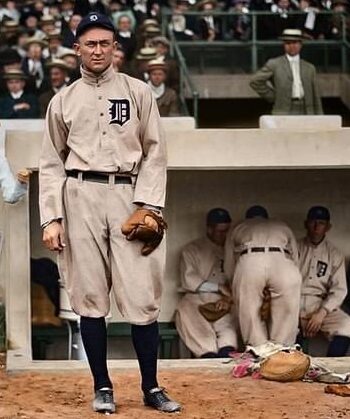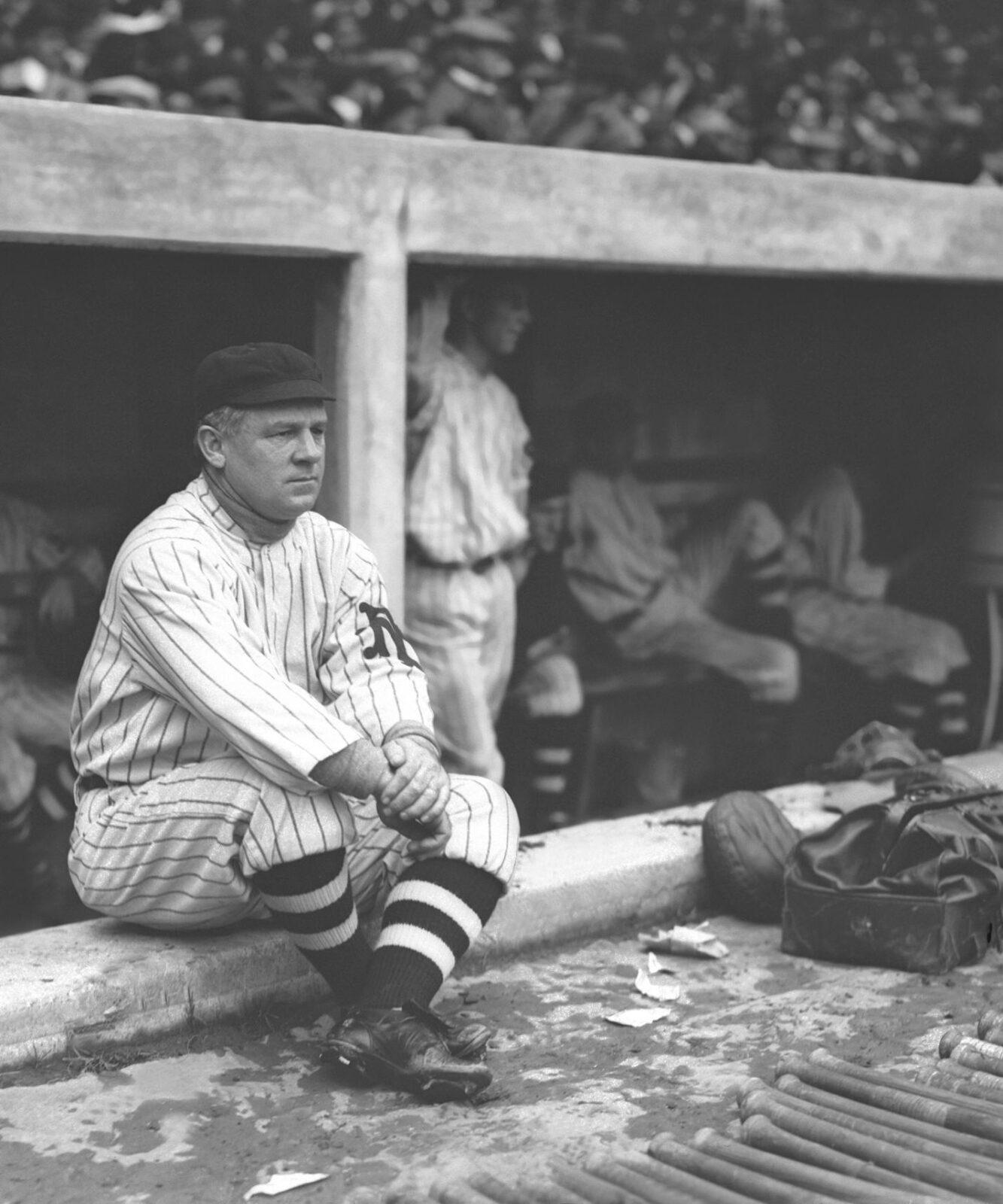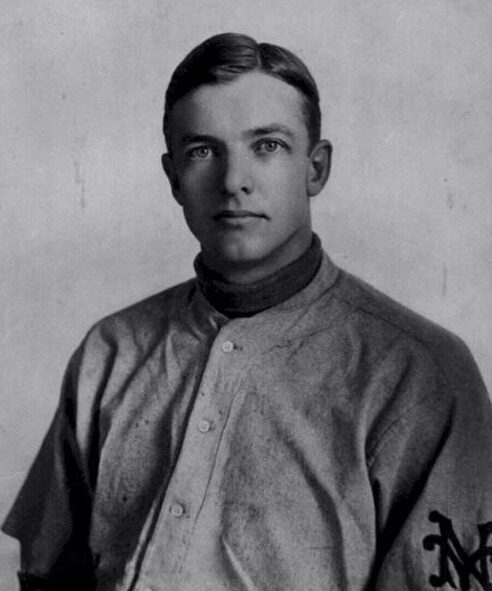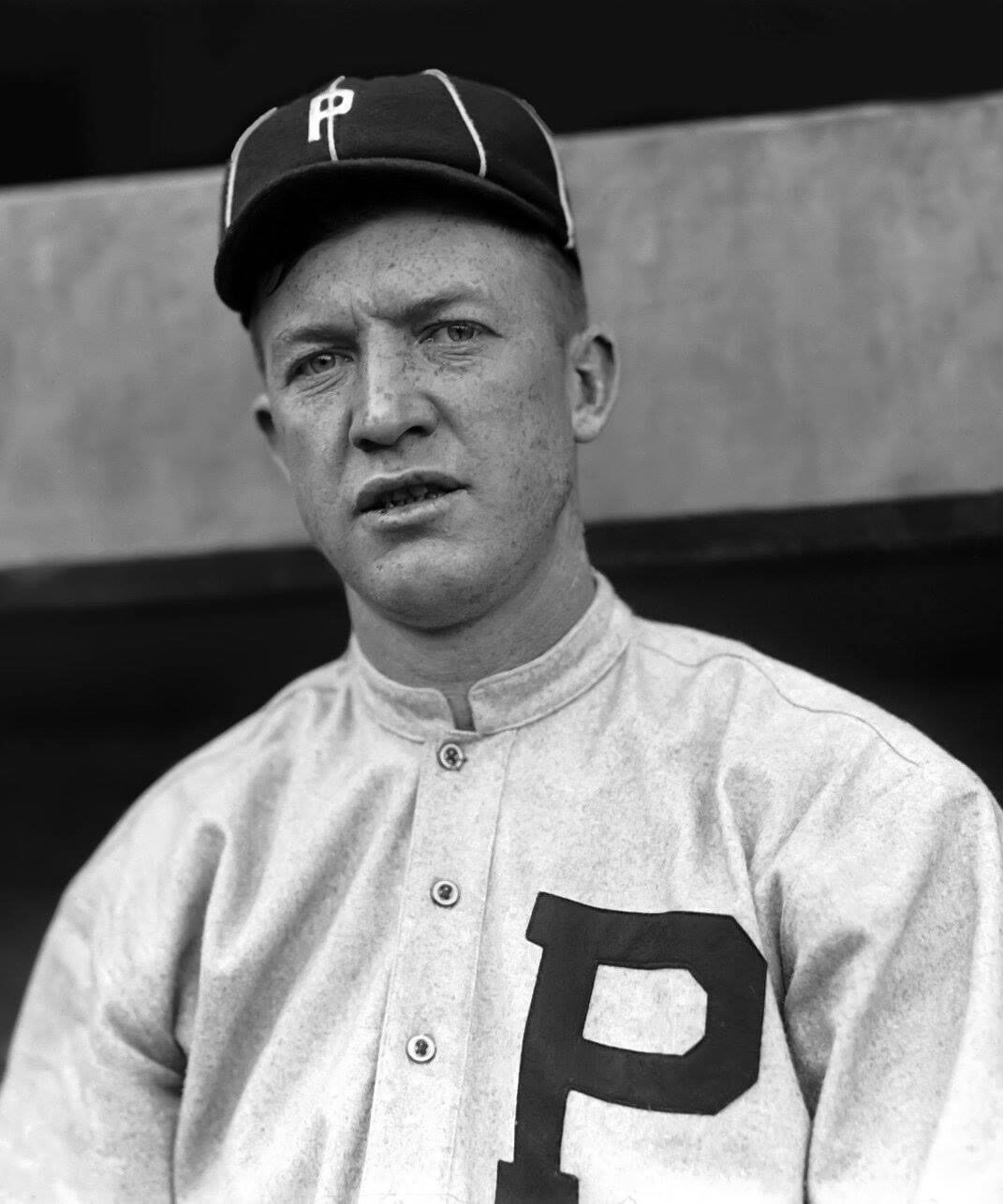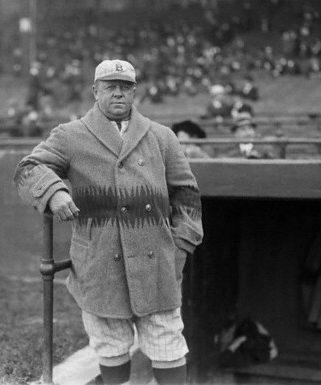Hugh Jennings
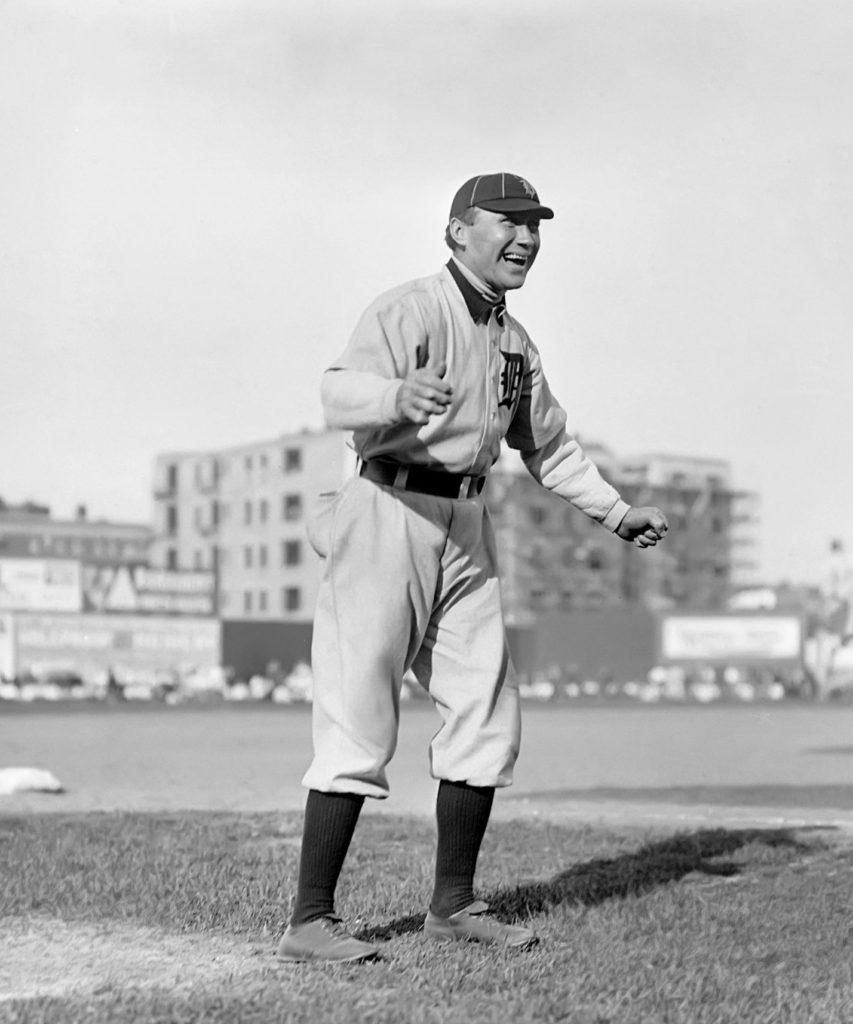
| Birthdate | 4/2/1869 |
| Death Date | 2/1/1928 |
| Debut Year | 1892 |
| Year of Induction | 1945 |
| Teams | Orioles (NL), Tigers |
| Positions | First Base, Manager, Second Base, Shortstop |
Hugh Jennings played from 1891-1918 and holds both the career and single season records for times hit by pitch with 287 and 51 respectively.
Leave a commentIn the collection:
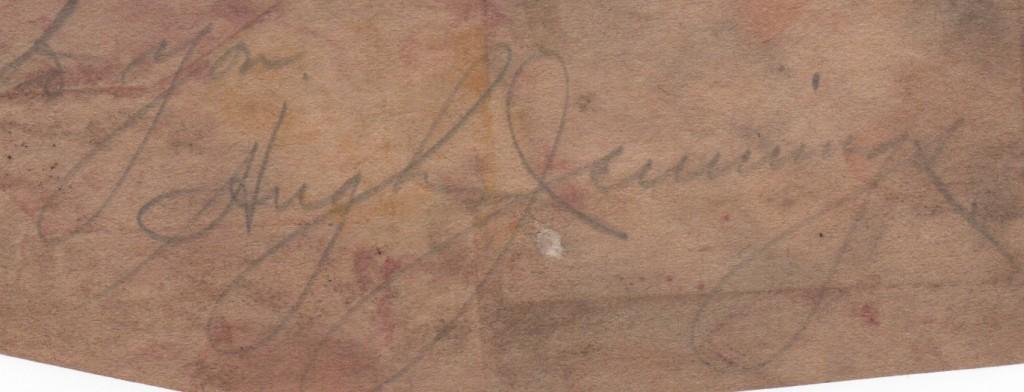
Hugh Jennings had an 18-year playing career as one of his era's best shortstops
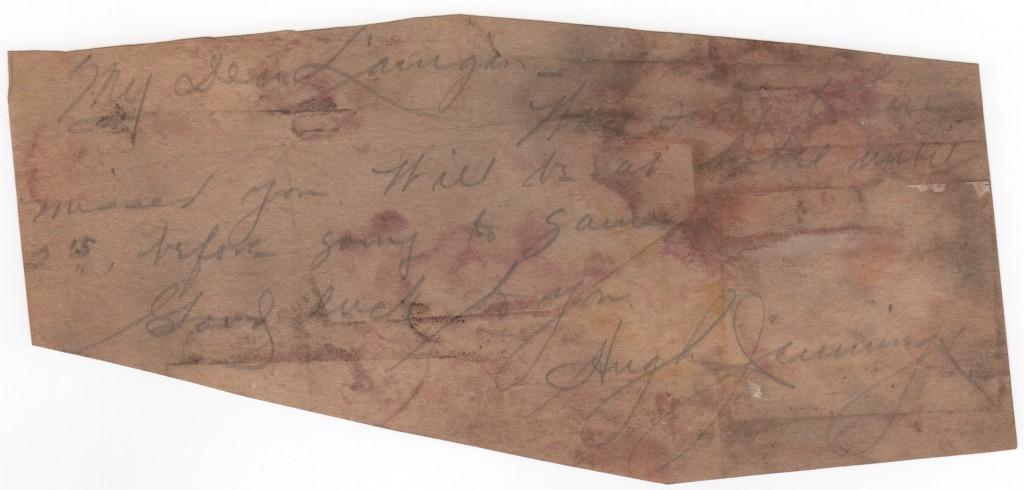
In addition to his playing career, Jennings was a big league manager for 16 seasons
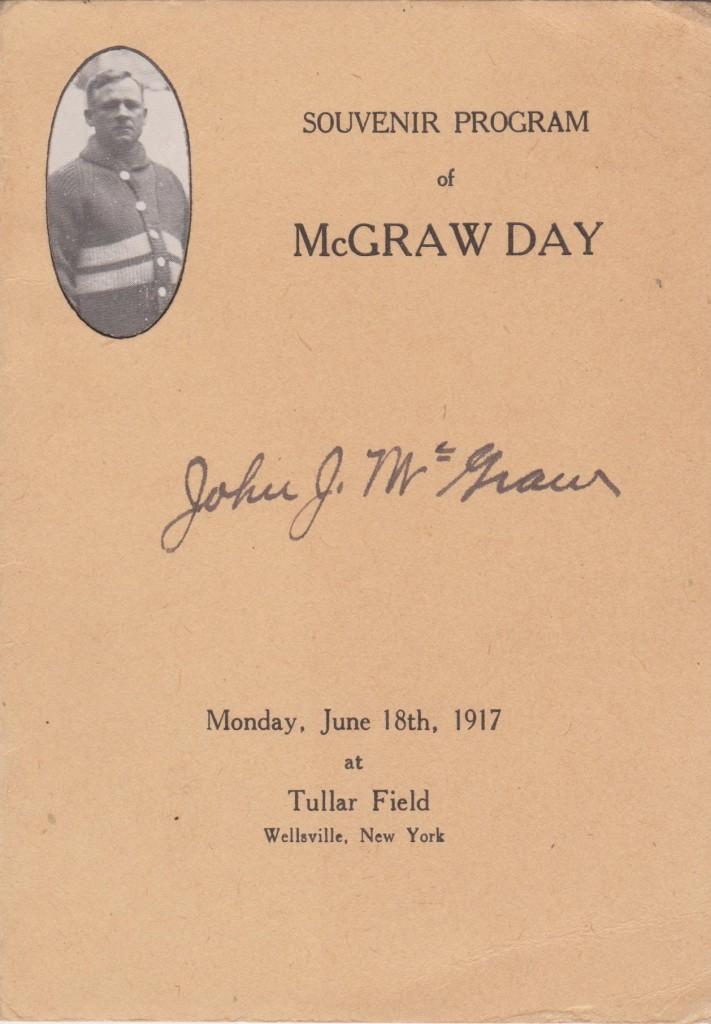
After leaving the Tigers, Jennings went on to coach for old friend John McGraw
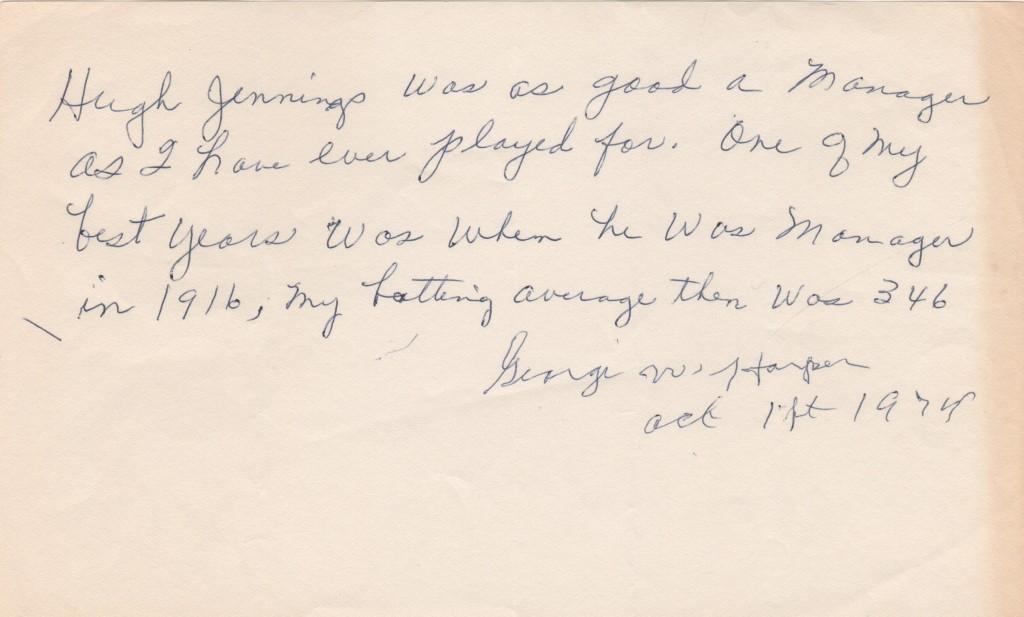
Former player George Harper reflects on Jennings as a skipper
